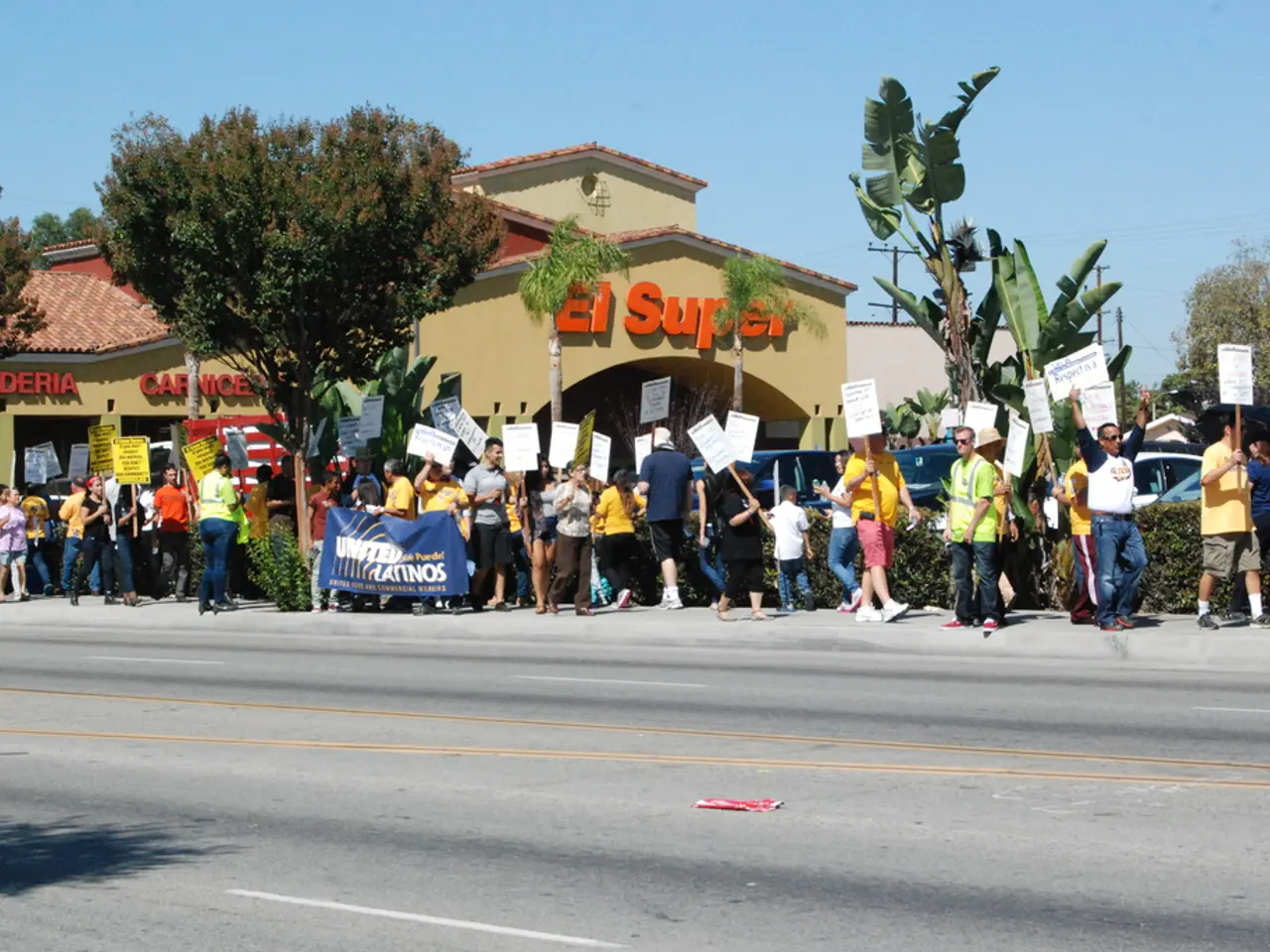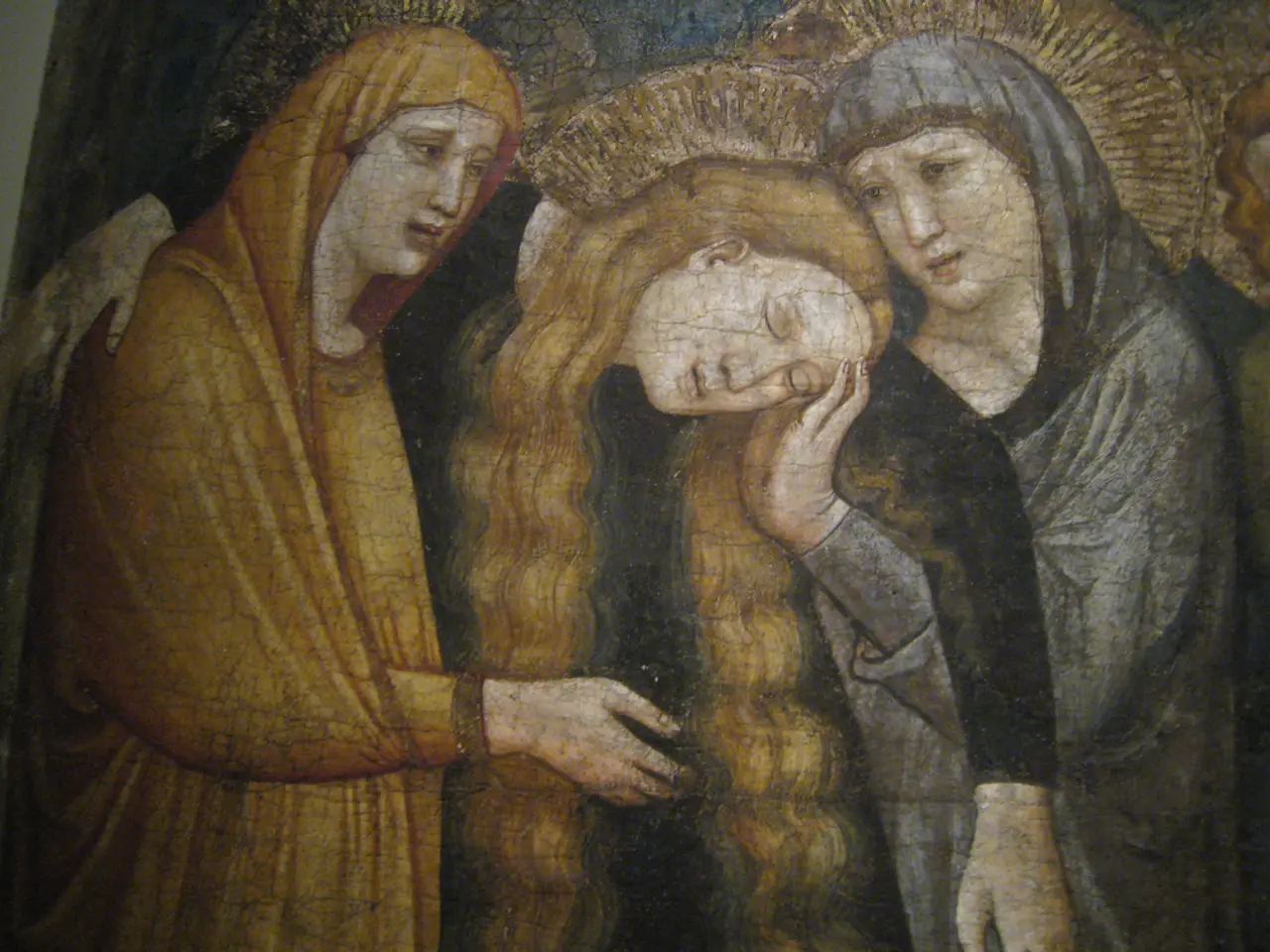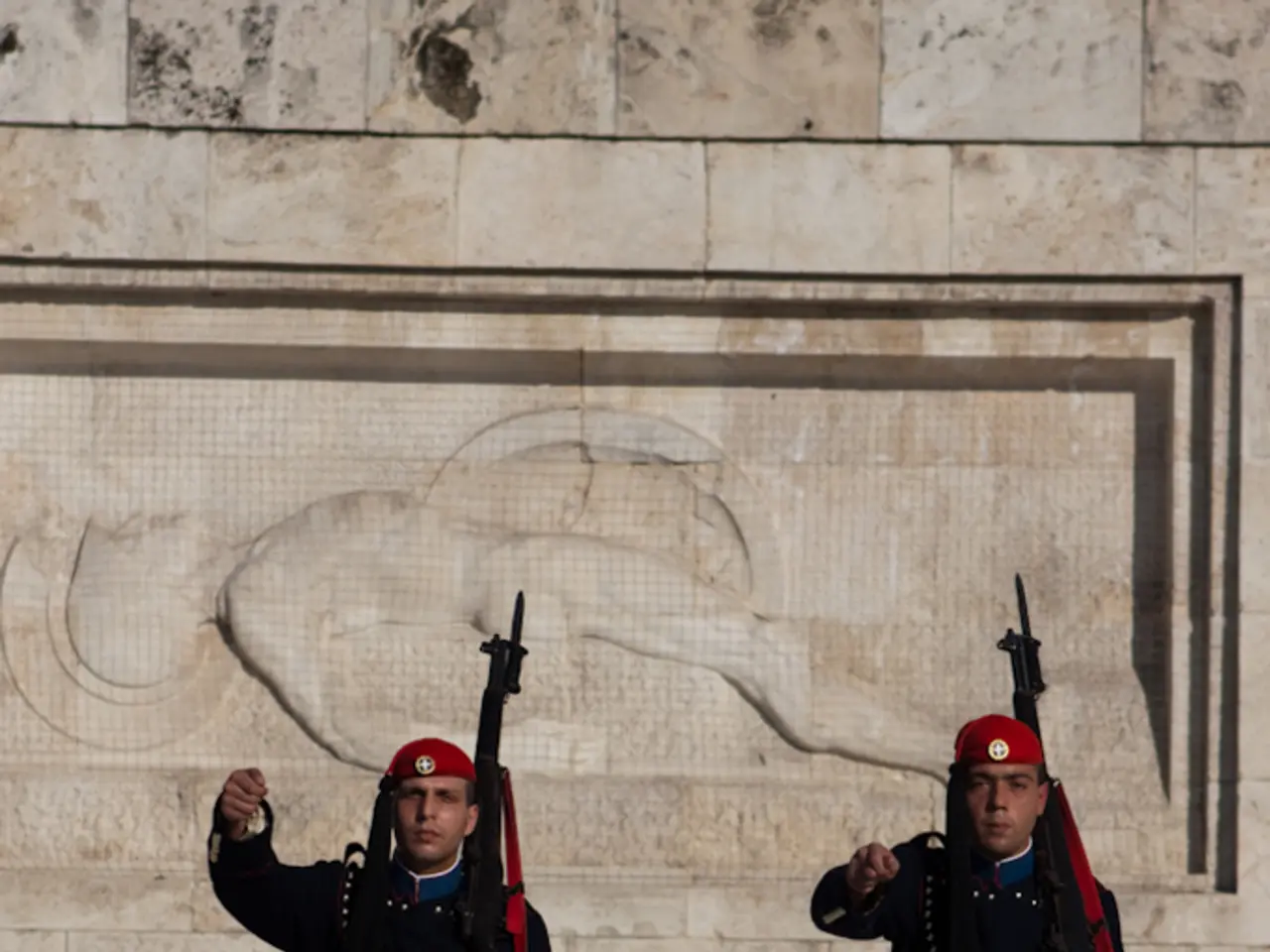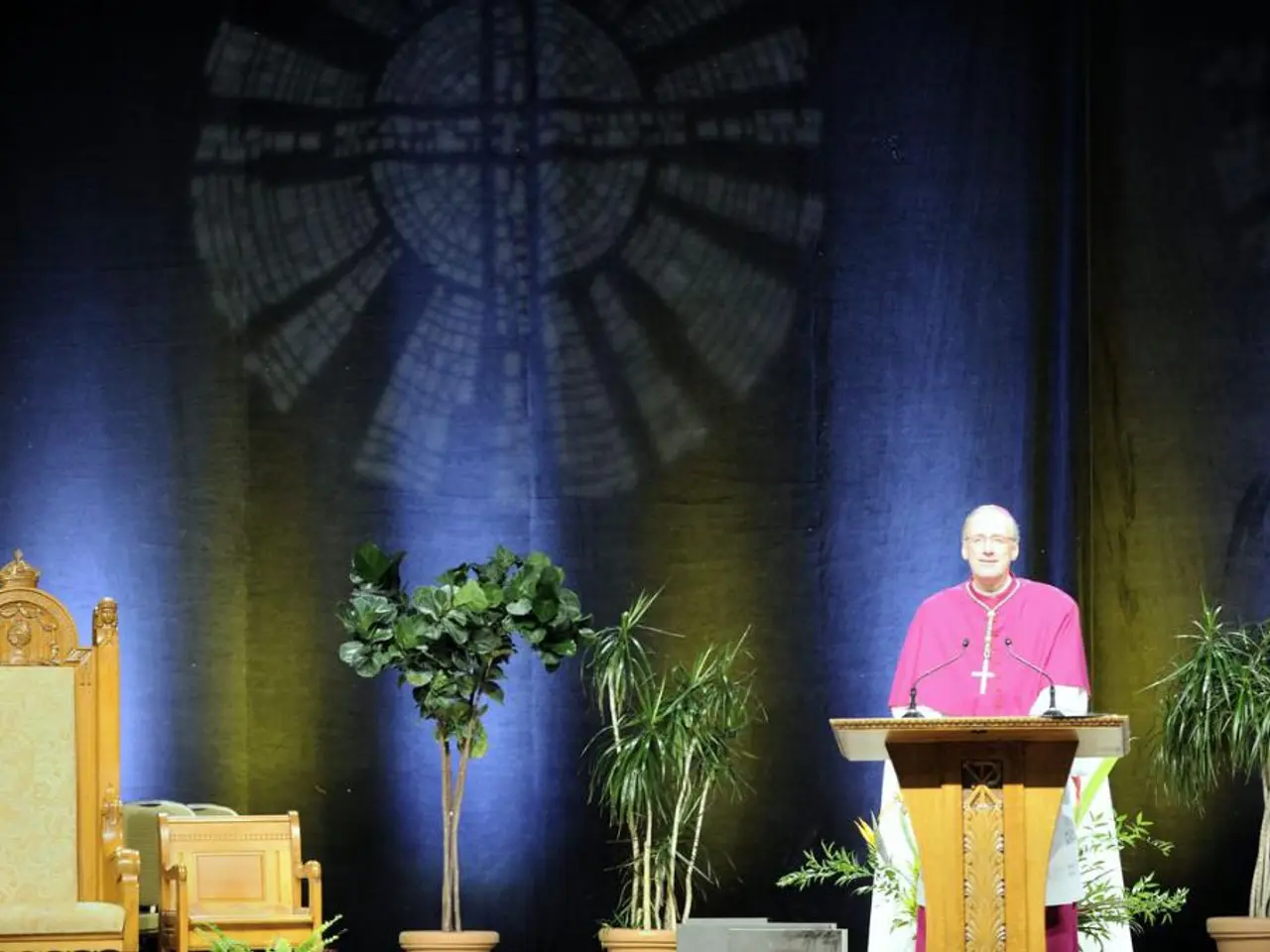Voters in NYC are finding it perplexing as some political endorsers are not disclosing their favored candidates, leading to uncertainty in the voting process.
In the recent Democratic mayoral primary elections in New York City, ranked-choice voting (RCV) has been making its mark. With the system being used for the second time, voters were given the opportunity to choose up to five candidates in order of preference.
Despite the newness of RCV, the usage of the full ranking system appears to be increasing. In the 2021 primary, about 140,000 ballots were "inactive" by the final round, possibly due to voters ranking only candidates who were eliminated. However, in the 2025 primary, the number of inactive ballots dropped significantly to around 53,000, suggesting that more voters used the full ranking system rather than less, which could indicate less confusion or better understanding[1].
The 2025 primary saw candidates like Zohran Mamdani encouraging voters to rank a full slate of endorsed candidates, which seemed to help his campaign[3]. On the other hand, Andrew Cuomo—who did not embrace ranked-choice voting—only voted for himself and did not encourage ranking others on ballots. This contrast in voter behavior and campaign strategies does not explicitly link unranked endorsements to voter confusion.
However, concerns about unranked endorsements have been raised. City Council Member Sandy Nurse expressed her concern, stating "There is no such thing as a co-number 1 rank." Make the Road Action endorsed Brad Lander as their No. 1 choice, but also endorsed Adrienne Adams and Zohran Mamdani without ranking them[2]. Susan Lerner, executive director of Common Cause New York, suggested that ideal endorsements for ranked-choice voting would include an internal ranking, but it's possible to leave the ranking up to the voter[4].
The Working Families Party initially endorsed four candidates without ranking them in March, which garnered some criticism. Close to 90% of voters in the 2021 New York mayoral primary ranked more than one candidate, but only 46% of Democrats utilized all five of their ranking options[5].
The campaign of Scott Stringer was criticized for sending a misleading message in simplified Chinese on WeChat about ranked-choice voting, stating it's "prohibited" to make multiple selections on Democratic mayoral primary ballots[6]. However, John Kaehny, executive director of the good government organization Reinvent Albany, stated that complaints about confusion due to multiple endorsements have not been common in ranked-choice voting[7].
As the primary election approaches, alliances or co-endorsements may start to emerge, according to John Kaehny. However, as of now, such alliances have not been widely observed in New York[1]. Despite the concerns and criticisms, ranked-choice voting has resulted in an increase in voter turnout, with the 2021 New York mayoral primary turnout being over 26%, the highest voter turnout rate of any mayoral primary in the last few decades[8].
References:
- https://www.nytimes.com/2021/06/22/nyregion/new-york-city-mayoral-primary-voting.html
- https://www.politico.com/news/2021/06/22/new-york-city-mayoral-primary-ranked-choice-voting-493472
- https://www.politico.com/news/2021/06/22/new-york-city-mayoral-primary-ranked-choice-voting-493472
- https://www.nytimes.com/2021/06/22/nyregion/new-york-city-mayoral-primary-voting.html
- https://www.nytimes.com/2021/06/22/nyregion/new-york-city-mayoral-primary-voting.html
- https://www.nytimes.com/2021/06/22/nyregion/new-york-city-mayoral-primary-voting.html
- https://www.nytimes.com/2021/06/22/nyregion/new-york-city-mayoral-primary-voting.html
- https://www.nytimes.com/2021/06/22/nyregion/new-york-city-mayoral-primary-voting.html
- The usage of ranked-choice voting in New York City's political landscape has led to debates about endorsements and policy-and-legislation surrounding the voting system, with concerns raised about unranked endorsements and their potential impact on voter confusion.
- The 2025 primary elections demonstrated the significance of labor (the support of candidates by organizations or individuals) in politics, as candidates like Zohran Mamdani encouraged full ranking of endorsed candidates, which could affect the outcomes of future policy-and-legislation decisions in the city.







